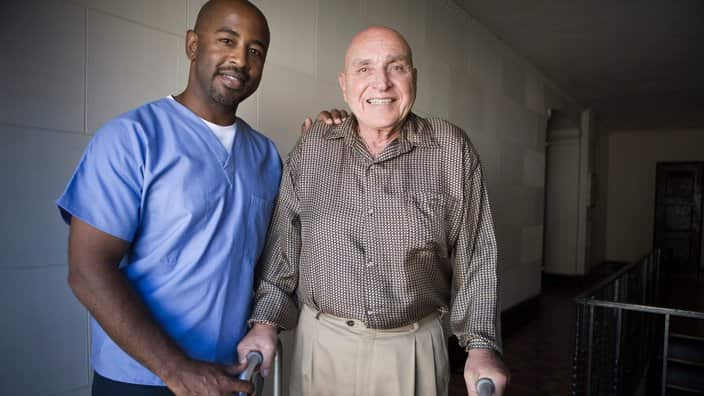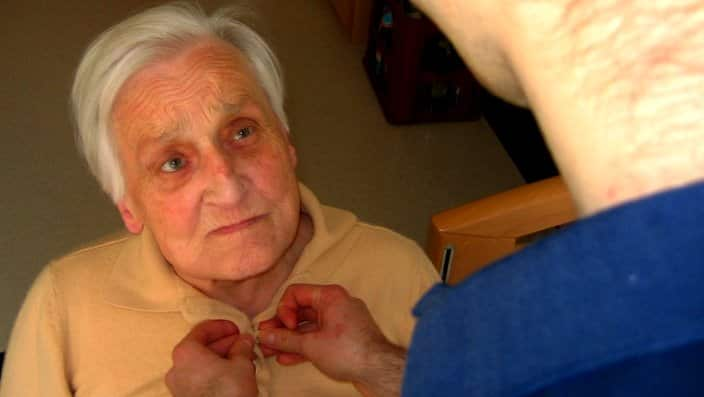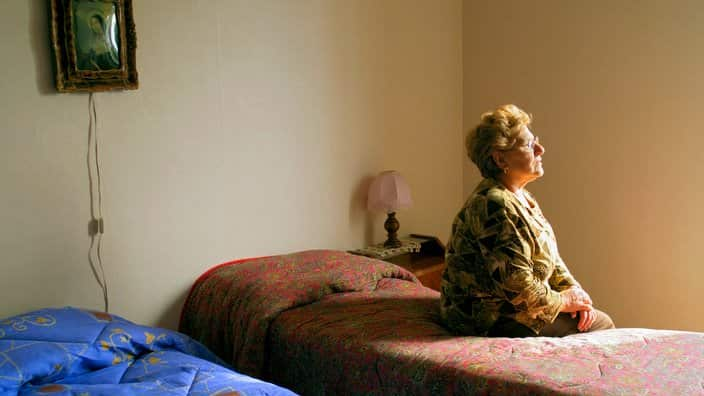1. Lack of knowledge about dementia and its symptoms
Different communities perceive Dementia differently. For some it is an illness, for some a mental illness. For some it is a normal part of ageing or for some, it has no meaning at all.
Dementia is a syndrome caused by a variety of brain illnesses that affect memory, thinking, behaviour and ability to perform everyday activities.

2. Perception of dementia as normal part of ageing
In some communities, dementia is regarded as a normal part of ageing.
However, late diagnosis of dementia is often at crisis point. Due to lack of knowledge, early symptoms go undetected. And people are often unaware as to where to go for help or are ashamed of being labelled.

3. Stigma associated with dementia
Many people are unwilling to discuss the illness openly in fear that they will be labelled as ‘crazy’. As a result they tend to participate less in group activities or engage in social support groups.

4. Communication problems caused by having low literacy levels in English
With the onset of dementia some people may lose what skills they have in English and revert to their native language. And this makes everyday tasks very challenging, especially if you are living without any translation support.

5. Misconception that people are cared for by family members
In some communities there is a strong expectation that the family or the children will care for parents with dementia. However, as the traditional values mix with newly acquired Australian values, the reality for many elderly is changing. They may have to accept newer care arrangements and adapt to it.

Find out more about the Perception of dementia in ethnic communities.
Alzheimer’s Australia provides dementia information in 43 languages.
Counselling support services are available on the National Dementia Helpline by calling 1800 100 500.
If you need an interpreter you can contact the National Dementia Helpline through the Telephone Interpreting Service on 131 450.

